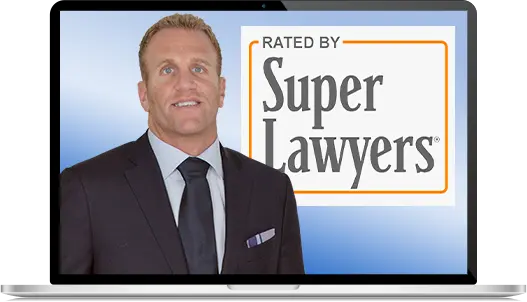When we lawyers – both plaintiff and defense – talk about limited tort, we do so under the guise of 75 Pa.C.S. § 1705. But, juries see it differently. Once the jury is in the box, the legalese of the statute is out the window. Serious impairment is no longer a legal analysis. Instead, it’s a practical decision for twelve (12) strangers. To be successful in a limited tort trial, you stop thinking in about how a Judge, a defense lawyer or an insurance adjustor will see the case. Start thinking in terms of how real people; a jury will see it.
1. How Will a Jury View the Serious Impairment Question?
Unfortunately for Pennsylvania juries, neither the Pennsylvania legislature nor any Court gives a black letter legal definition of “serious impairment.” So they are left with very little guidance. It is ultimately a question of opinion. They simply must decide if the plaintiff’s injury constitutes a “serious impairment of a bodily function.” Remember that jurors don’t care about the legal and medical verbiage that we all associate with limited tort cases. They care about the plaintiff. They want to see how and why your client’s injury is “serious.” Once you start to see your limited tort case through the eyes of a juror, and not an adjustor, you will get much better results in the Courtroom.
When discussing settlement with adjustors and defense lawyers, we often talk in terms of legal analyses and medical jargon, trying to convince each other that the case is worth more or less than the other thinks. This is how we define “serious impairment.” Jurors, however, don’t see it that way. They are not lawyers or doctors and cannot be expected to define “serious impairment” the same way.
In every injury case, limited tort or otherwise, we are required to present expert medical testimony. But remember, this is a legal obligation. We put extensive time into preparing and presenting our expert witnesses because we know that a good expert witness could change the way the carrier evaluates the case. But the testimony is ultimately for the adjustor’s benefit, not the jury’s. When each side brings an equally qualified “hired gun” to give adverse opinions, it’s a wash for the jury. Jurors have no reason to believe one over the other.
For a free legal consultation in Pennsylvania,
call 877-467-4666
2. How Will a Jury View the Doctors?
Fortunately, the plaintiff always has an advantage. She can present her treating doctor as a witness. Unlike the “hired gun” medical expert, the treating doctor is the one who examined, treated and formed a relationship with his patient. In some cases, the treating doctor can tell the plaintiff’s story better than the plaintiff. The jury is much more likely to connect with and believe the client’s treating doctor over a professional witness. Even if the treater isn’t “good on the stand,” he can still present as a “fact witness” and talk to the jury about the realities of your client’s medical condition. You can still hire your litigation expert to fulfill all the legal requirements.
Complete a Free Case Evaluation form now.
GoSimon.3. How Will a Jury View the Plaintiff’s Testimony?
Every limited tort deposition ends with the same concluding question: “What activities can you no longer do, do as well, as frequently, or for as long, that you could do before the accident?” The carriers somehow use this question to gauge whether or not your client pierces limited tort. This question has become the insurance company standard for evaluating limited tort cases. Seemingly, a laundry list of activities will suffice.
But once you get in front a jury, the laundry list will not do. A jury will need a lot more. Serious impairment is not simply a list of incapacities. It’s a story. It’s the story of how and why your client’s life has been so significantly impacted. A jury wants to know the real world effects of your client’s injury. They want to know it from the Plaintiff and also his family, friends and relatives. It’s crucial that you tell your client’s story the way a jury would want to hear it.
Need A Full-Service Personal Injury Law Firm?
GoSimon.
